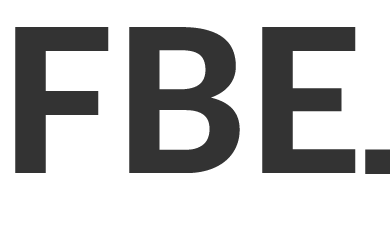Who Owns the Work?
Ah, the joy of ownership. Few things likely give you more satisfaction and downright pleasure than a job well done. That computer code you just wrote may just turn out to be the app that “saves the world.” That illustration you just drew may just turn out to be the title page of this year’s top comic book. That intriguing little gadget sitting proudly on your workbench may just be the better mouse trap that people have been talking about for generations.
But wait. Do you really own these creations of yours that you spent so much time thinking up and then making? Unfortunately, the answer may be no.
Intellectual Property
Intellectual property refers to a whole range of things originally created in someone’s mind, but ultimately used in commerce. Examples of intellectual property include such things as the following:
- Artistic works
- Literary works
- Images
- Symbols
- Industrial designs
- Inventions
- Computer code and apps
Intellectual property of these sorts may have the opportunity to obtain a trademark for the designs and works that you have created. A trademark lawyer in Rochelle Park, NJ from a firm like Kaplan Law Practice, LLC may be able to help you.
If You’re an Employee
You would think that when you conceive of and then produce a piece of intellectual property, it belongs to you and you own it. If, however, your work product represents something you produced for the company that employs you, your creation likely belongs to that company. Why? Because of the following:
- You produced it at the behest of your employer.
- You used company equipment to do so.
- Your employer paid you a salary or wage to produce such things.
Your company may also have required you to sign an employment agreement whereby you forfeited your ownership rights to any business-related intellectual property you create for it.
If You’re an Independent Contractor
If you’re a freelancer who accepts commissions or assignments on a piecemeal basis, you own any such intellectual property you produce unless you signed an agreement with the person or company explicitly stating that he, she or it owns it. Many companies that contract with outside sources to produce various forms of intellectual property for their own clients or customers do indeed require the contractor to sign such an agreement.
Also, if you’re a freelance writer who writes an article or book that you then shop to various publishers, you own your literary intellectual property unless and until a publisher agrees to publish it. At that point, the publisher likely will insist that you sign an assignment of ownership to it.
As for that better mouse trap you invented in your garage workshop, you own it and have every right to market it and sell it on your own. If, however, you wish to avail yourself to a company who can give you marketing and exposure, you almost assuredly will have to assign your ownership rights to that company.
